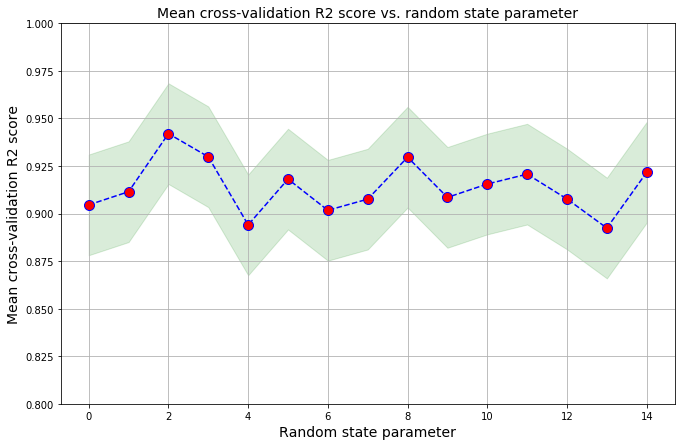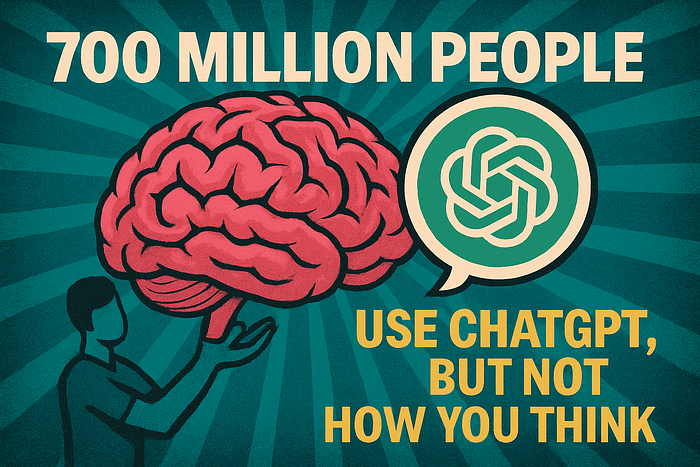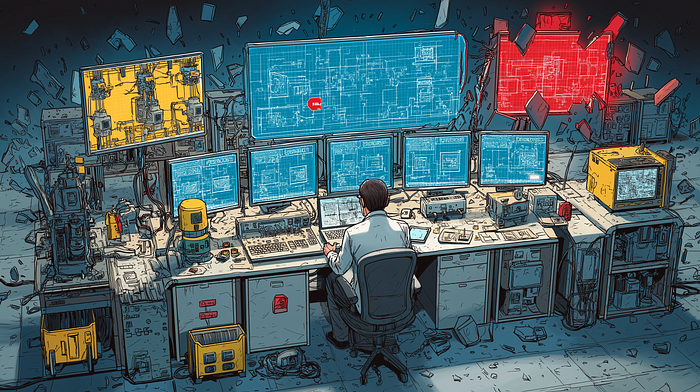
Random Error Quantification in Machine Learning
Last Updated on July 24, 2023 by Editorial Team
Author(s): Benjamin Obi Tayo Ph.D.
Originally published on Towards AI.
Every machine learning algorithm has an inherent random error that must be assessed and quantified

Image by Benjamin O. Tayo
Every machine learning model has an inherent random error. This error arises from the random nature in which the dataset is partitioned into training and testing sets. Using sklearn, the features matrix (X) and the target variable (y) can be partitioned as follows:
from sklearn.model_selection import train_test_splitX_train, X_test, y_train, y_test = train_test_split( X, y, test_size=0.3, random_state=i)
Note that by changing the random_state parameter (setting i to different integer values), we can randomly select different training and testing sets. Such a random process will introduce random fluctuations in the accuracy of the model. In this article, we will… Read the full blog for free on Medium.
Join thousands of data leaders on the AI newsletter. Join over 80,000 subscribers and keep up to date with the latest developments in AI. From research to projects and ideas. If you are building an AI startup, an AI-related product, or a service, we invite you to consider becoming a sponsor.
Published via Towards AI
Take our 90+ lesson From Beginner to Advanced LLM Developer Certification: From choosing a project to deploying a working product this is the most comprehensive and practical LLM course out there!
Towards AI has published Building LLMs for Production—our 470+ page guide to mastering LLMs with practical projects and expert insights!

Discover Your Dream AI Career at Towards AI Jobs
Towards AI has built a jobs board tailored specifically to Machine Learning and Data Science Jobs and Skills. Our software searches for live AI jobs each hour, labels and categorises them and makes them easily searchable. Explore over 40,000 live jobs today with Towards AI Jobs!
Note: Content contains the views of the contributing authors and not Towards AI.
















